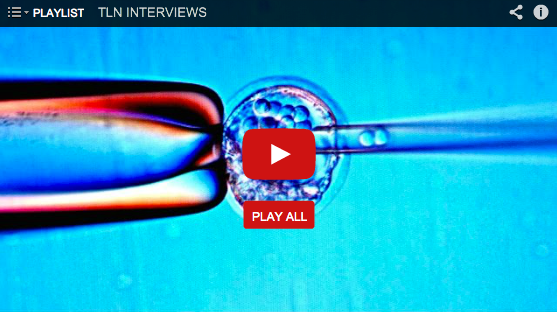 Neil Riordan, PhD Presents at American Academy of Anti-Aging Medicine’s 22nd Annual World Congress on Anti-Aging, Regenerative and Aesthetic Medicine in Orlando, May 15 (via PRWeb)
Neil Riordan, PhD Presents at American Academy of Anti-Aging Medicine’s 22nd Annual World Congress on Anti-Aging, Regenerative and Aesthetic Medicine in Orlando, May 15 (via PRWeb)
Neil Riordan, PhD will Present “Umbilical Cord Mesenchymal Stem Cells in the Treatment of Autoimmune Diseases” at the 22nd Annual World Congress on Anti-Aging, Regenerative and Aesthetic Medicine at the Gaylord Palms Hotel in Orlando, Florida as…


